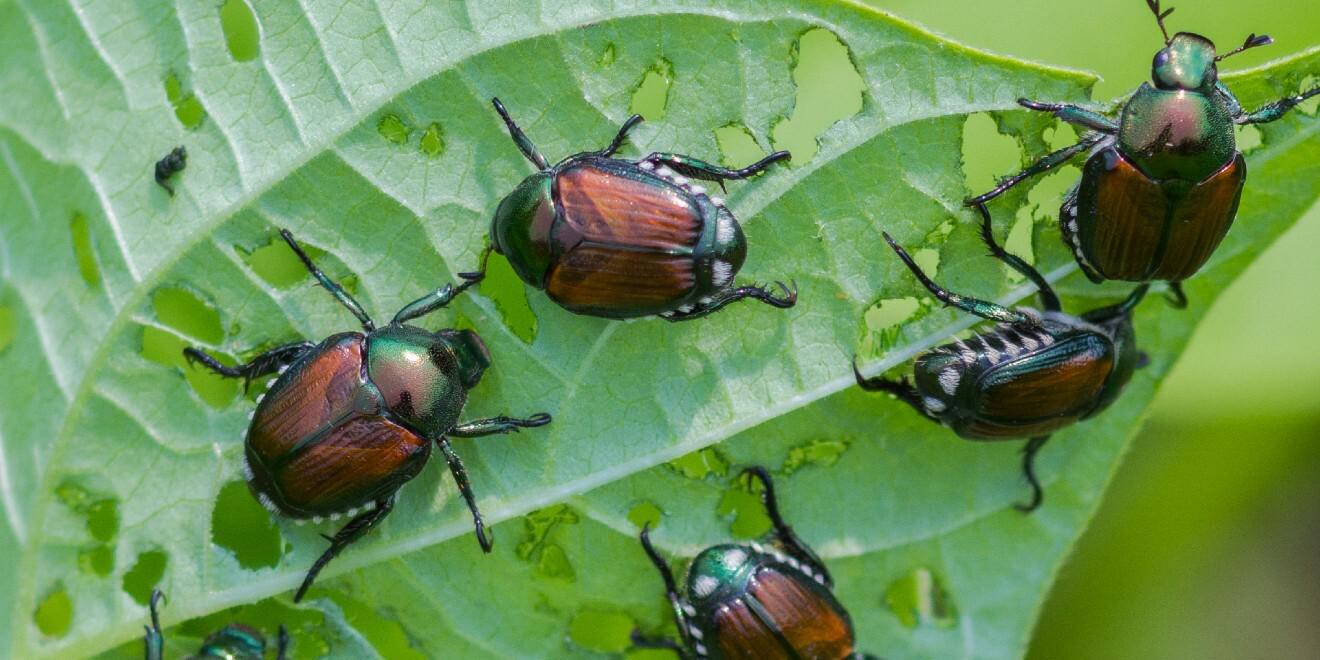A RARE & DANGEROUS TICK DISEASE IS PRESENT IN MASSACHUSETTS’ TICKS
Posted by Mosquito Squad
August 16, 2016
As if we didn’t have enough worries about ticks in Massachusetts with Lyme disease reaching epidemic proportion in the area, we now have more cause for concern about ticks. The Powassan Virus is a rare but dangerous tick-borne disease that is currently residing within the deer tick population on Cape Cod.
While you might immediately think that Cape Cod is too far away to be of concern, you should know that incidents of Powassan Virus occurred right here in Middlesex County just last year. In fact, if you choose Massachusetts and POW from the menus on this easy to use CDC map viewer for mosquito-borne disease rates, you’ll find Middlesex County has been the most common County for Powassan incidents in the last few years in Massachusetts with 4 cases in 3 years.
WHAT IS THE POWASSAN VIRUS?
Spread by a tick bite, from an infected deer tick, the Powassan Virus is commonly asymptomatic. However, for those who do become ill from Powassan Virus, it can be quite serious. Symptoms can include fever, headache, vomiting, weakness, confusion, loss of coordination, speech difficulties and seizures. As Powassan can infect the central nervous system, encephalitis and meningitis can be the resulting illness. About 50% of survivors of Powassan virus will experience permanent neurological symptoms such as recurring headaches, memory problems, and muscle wasting. The mortality rate for Powassan virus is about 10%. With no treatment or vaccine, it is essential to see a doctor immediately if you suspect Powassan Virus is making you ill.
POWASSAN VIRUS IN MASSACHUSETTS
According to the Cape Cod Chronicle, tick tests from deer ticks across Cape Cod show they are currently carrying Powassan virus. While Powassan Virus in humans is much less common than Lyme, the concerns are greater for a number of reasons. First of all, the 10% mortality rate for Powassan is much higher than Lyme’s less than 1% mortality rate. Also, when it comes to Powassan virus, a tick can infect you immediately upon biting. This fact makes the end of day tick checks much less effective for lowering your risk for Powassan virus, whereas with Lyme if you remove ticks each day, you are less likely to have transmitted the bacteria.
While we regularly advocate prevention tactics, including daily tick checks; when it comes to Powassan Virus, avoiding ticks is the single best way to lower your risk.















